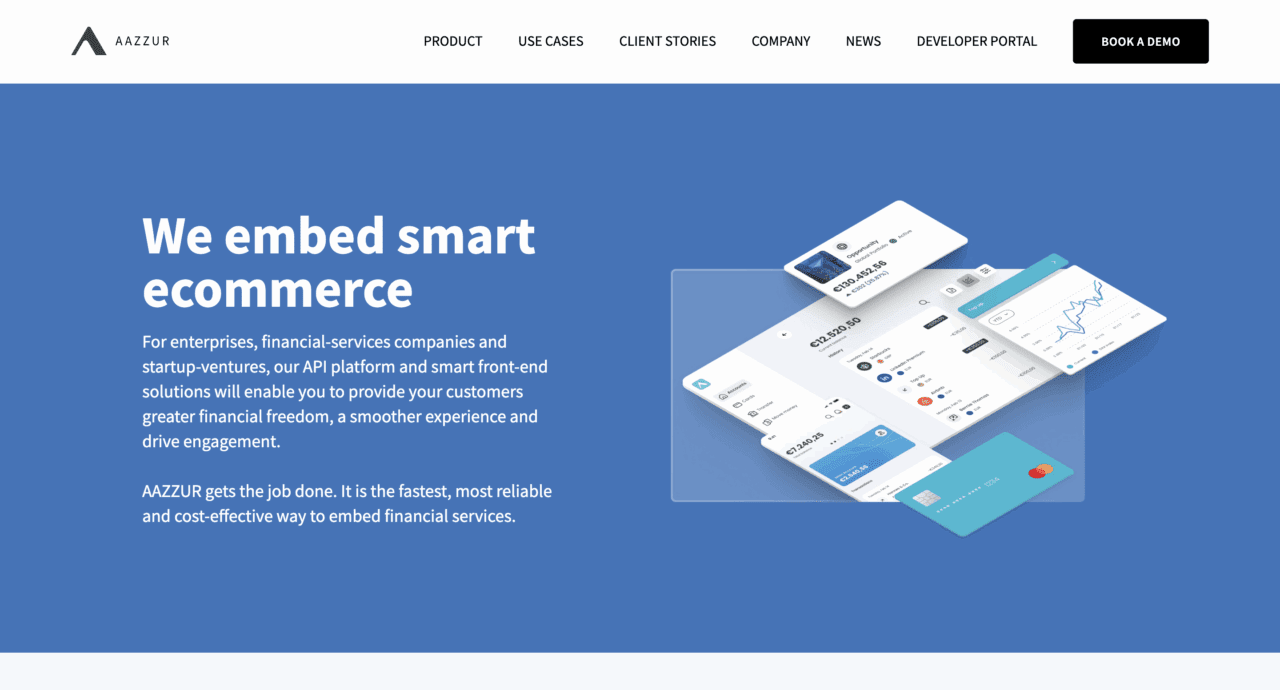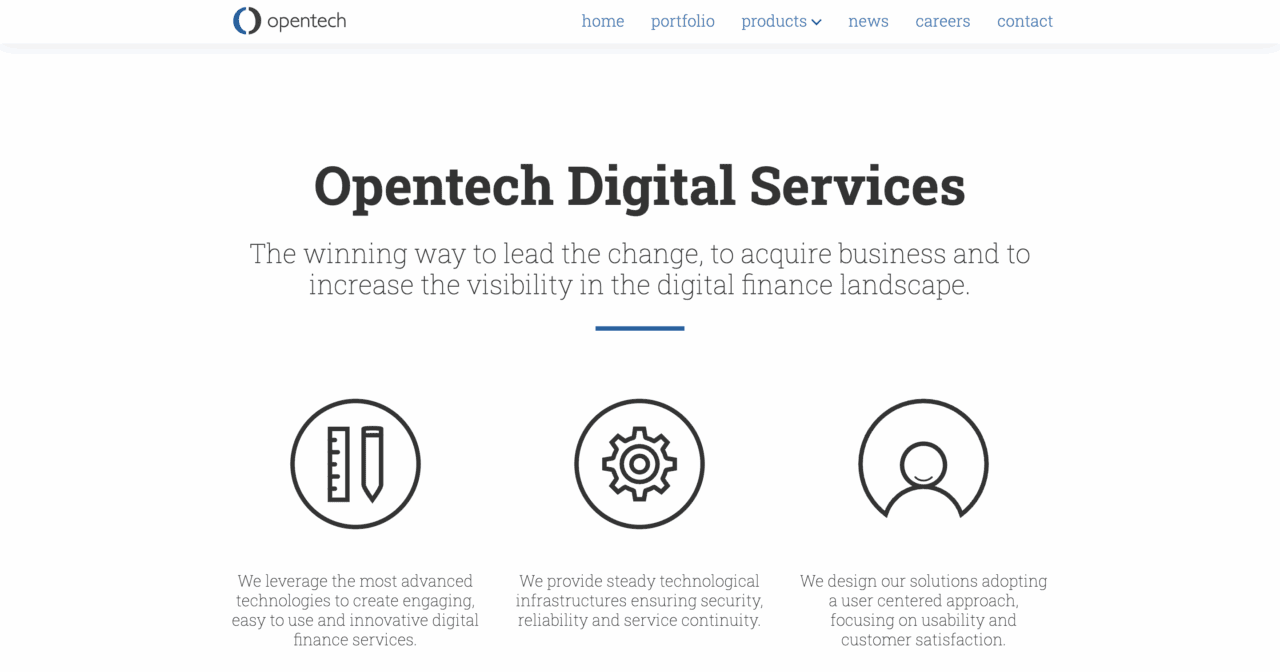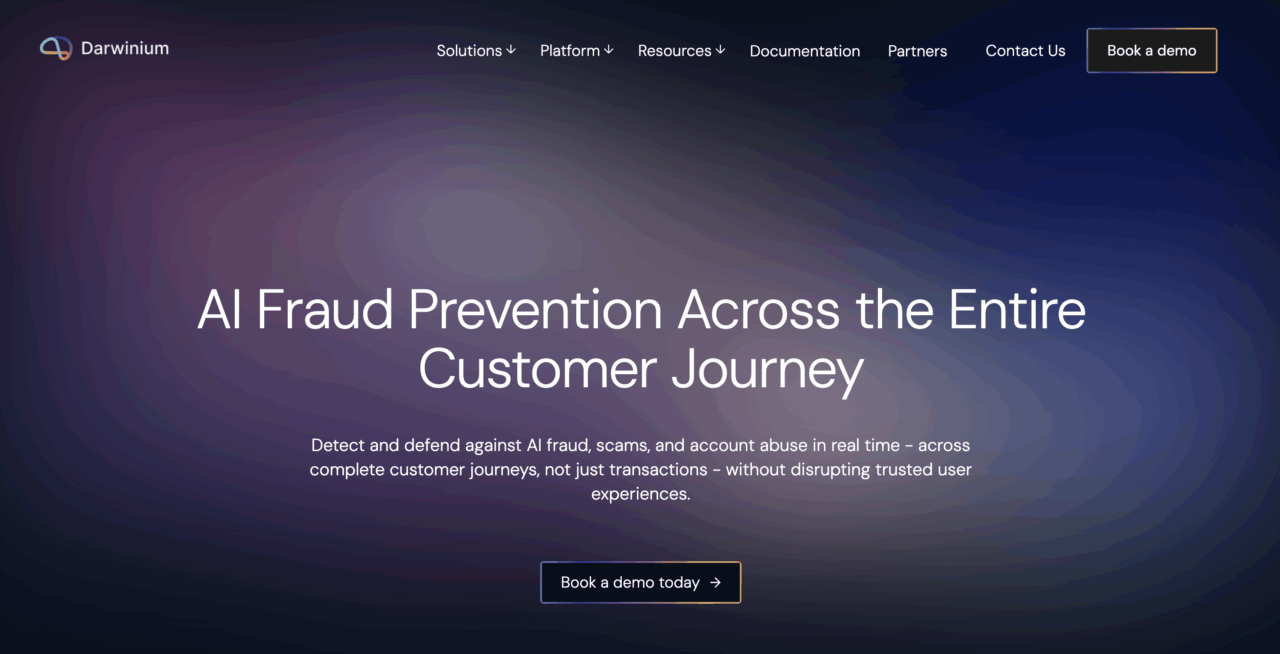
While perhaps not as flashy as AI or blockchain technology, embedded finance, open banking, and open finance are already transforming the way individuals and businesses interact with banks, financial service providers, and even retail organizations. By enabling firms to leverage partnerships and APIs to offer services and products they would struggle to offer on their own, these technologies give companies a tremendous opportunity not only to enhance their offerings with greater efficiency and personalization, but also to expand their product lines, provide new solutions, and secure new sources of revenue.
This week, in our continuing series previewing companies that will demonstrate their latest innovations at FinovateEurope 2026, we showcase four companies that are helping banks and other financial institutions take advantage of the opportunities made possible by embedded finance, open banking, and open finance.
FinovateEurope 2026 will take place at London’s Intercontinental O2 on February 10 and 11. Tickets are available now. Visit our FinovateEurope hub today and take advantage of big early-bird savings!

AAZZUR enables brands—both small and medium-sized businesses as well as large corporations—to launch their own embedded finance solutions with a single integration. The company’s open banking platform serves as a layer above banks and fintechs, facilitating the exchange of data, messages, and transactions to boost satisfaction, retention, and monetization, while enhancing the way fintechs work with banks. Headquartered in Berlin, Germany, AAZUR was founded in 2017.

Francis enables financial institutions and fintechs to leverage AI to resolve challenges in their open finance initiatives. The company’s technology transforms fragmented financial data from pensions, property, investments, cash, and other sources into actionable wealth insights. Francis uses AI to process unstructured data and integrates it with market data, providing a holistic view of both personal and business finances. Founded in 2025, Francis is based in London, England.

Opentech, a digital payments and transaction enrichment services provider, develops and operates full-stack solutions currently deployed by financial institutions and service providers in Italy, Switzerland, and Austria. The company’s open and scalable platform fosters interoperability between banks, card issuers, and international payment networks. Founded in 2003, Opentech is headquartered in Rome, Italy.

Hagbad works with organizations to digitize trust-based savings. The company modernizes traditional group savings systems through its secure digital platform, enabling compliant engagement, expanding customer reach, and promoting inclusive growth via a regulated, culturally aligned financial infrastructure. Hagbad’s platform features automated tracking and real-time transparency to ensure that contributions, payouts, and group activity are effectively monitored. Headquartered in the UK, Hagbad was launched in 2025.
Why banks should care
Embedded finance, open banking, and open finance offer banks an exceptional opportunity to introduce new products and services and to compete more effectively with rivals in both Big Tech and Big Retail. All three innovations foster increased accessibility, enabling financial institutions reach customers where they are. They also support greater personalization, empowering firms to offer more tailored financial products to customers, while simultaneously creating new revenue sources to divto ersify beyond traditional banking offerings.
Catch these and other innovative fintech companies next month at FinovateEurope 2026. With less than a month to go, there’s no better time than now to visit our FinovateEurope hub and secure your spot to the first big fintech conference of the year!
Photo by Ashkan Forouzani on Unsplash









































